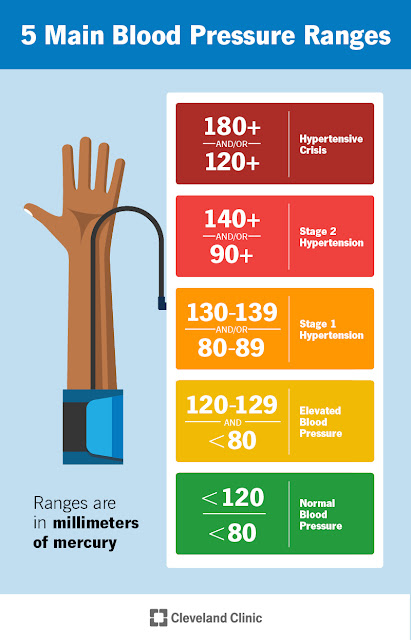How Can You Eat Healthy on a Budget?

Almost every day you hear people complaining about the high prices at the grocery store. And grocery prices are higher, rising over 20% on average from January 2021 to January 2024. In the nutrition classes I taught, students often complained about how much “real” food costs and said it was cheaper to just buy the junk food. But “Cheaper doesn’t have to mean junk food” according to the article, How to Eat Healthy on a Budget by Mary Hunt. What are some ways to save money at the grocery store? 1. Buy protein on sale and don’t pay full price. Meat, fish, poultry can be an expensive food purchase. Look for sales on tuna, chicken breasts, chicken legs/thighs, lean cuts of beef. Even if you don’t want to store-hop, you can probably find some meat items on sale in your grocery store. My husband often comes home and says the pork chops were on sale. So rather than buy just one package, he often buys 2 and freezes one. Othe...



